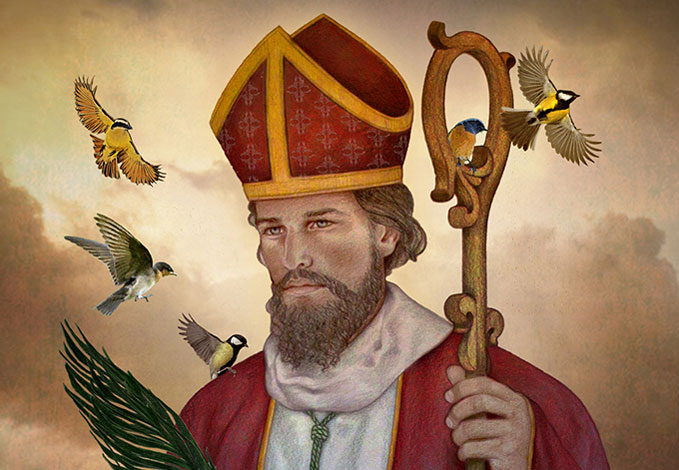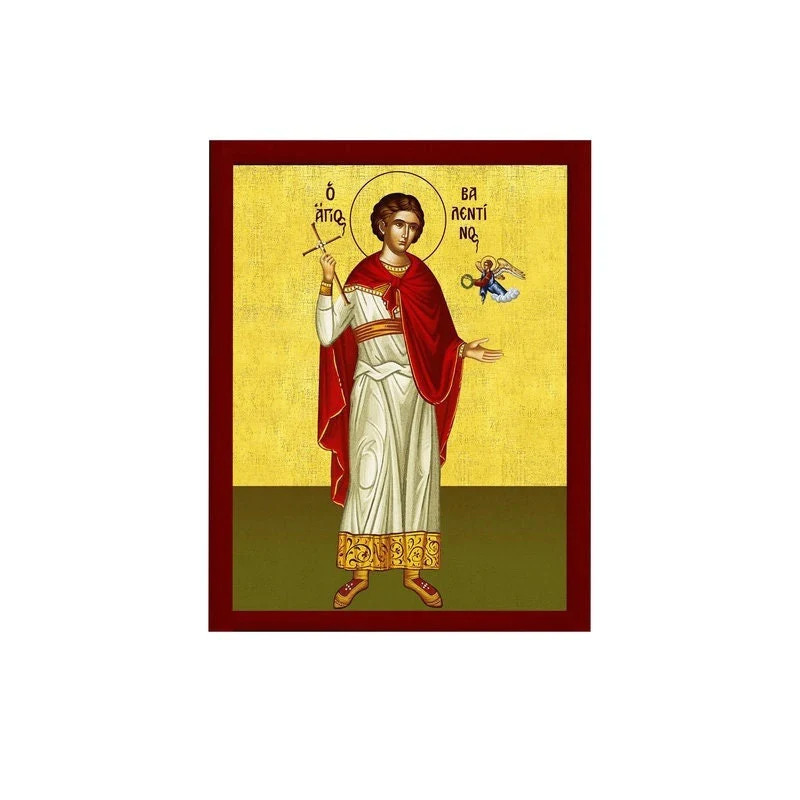For those who love giving gifts and expressing yourselves and your feelings in the form of red rose bouquets, boxes of chocolates, cringey romantic cards, love letters and expensive dinner dates – this one’s for you.
The international day of love (Valentine’s Day) has come around again. Held on February 14 every year, the holiday that celebrates love has quite the unique history.
It dates back to the 1300s, when the Roman Pope, Galasius, officially declared February 14 as St. Valentine’s Day.
Let us run through you through some of the history behind it all.

The legend of Saint Valentine
Valentine’s Day ties both Christian and ancient Roman traditions. In the Catholic church, there were at least three different saints named Valentine (or Valentinus) and all of which were martyred.
It was believed that one of the saints, Valentine, was a priest who served during the third century in Rome.
During his time serving, Emperor Claudius II believed unmarried men were better soldiers, so he decided to ban marriage for young men. As Saint Valentine disagreed with this law and thought it was unfair, he secretly continued conducting marriages for young couples.

After the Emperor found out, he ordered Saint Valentine’s death.
Another legend follows the story of a different priest, also a Saint Valentine, who was jailed and while being locked up, he fell in love with a young girl who began visiting him as he served his time. Allegedly, she was the prison warden’s daughter.
Before Saint Valentine died, he was believed to have written the girl a letter, signing it off as “from your Valentine,” which is an expression widely known and associated with the international holiday today.

Ancient Greece and Valentine’s Day
Did you know, Valentine’s Day also has ancient Greek ties?
Remember Cupid, the little naked cherub that holds a bow and arrow? He’s often portrayed on those Valentine’s Day cards that supermarkets start selling two months before the actual holiday.
In Roman mythology, Cupid was known as the son of Venus, the goddess of love, and Mars, the god of war.
Despite his Roman origin, Cupid also had roots in Greek mythology, and was believed to be the Greek God of love and desire, Eros.

According to the ancient Greek poets, Eros was a handsome immortal who played with the emotions of Gods and men. He was most known for launching arrows to make people fall in love. A barbed golden-tip bow was used to make people fall in love, and a silver-tip bow was launched to make people fall out of love and even hate a person.
Cupid later became a major symbol associated with Valentine’s Day.
Although there are many different myths and legends associated with the holiday, Valentine’s Day remains a special day every year to show the people around you how much you love them, to spoil them and to treat them with all the love, happiness, and appreciation they deserve.

